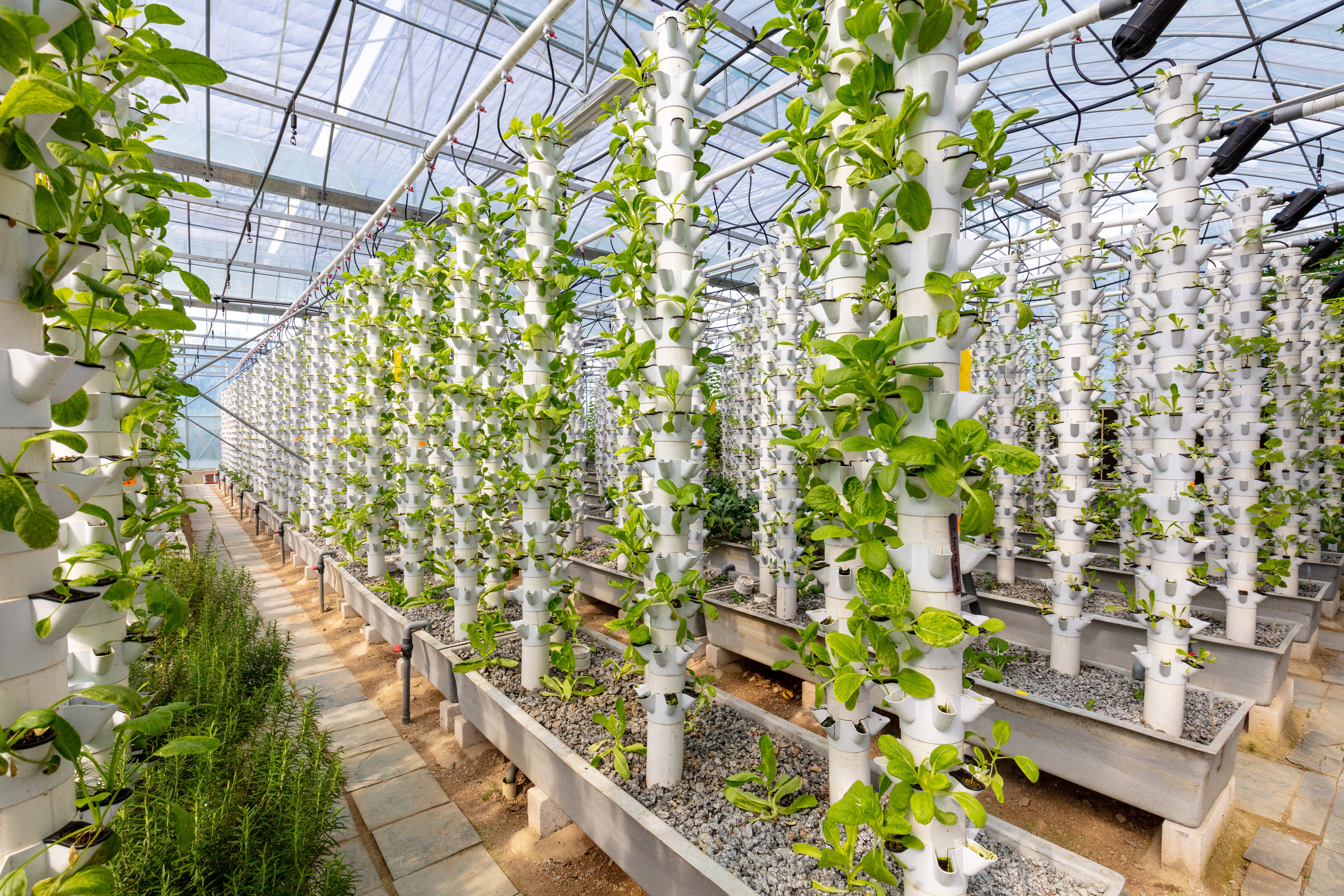Designing our way to a regenerative future
THE ARTICLES ON THESE PAGES ARE PRODUCED BY BUSINESS REPORTER, WHICH TAKES SOLE RESPONSIBILITY FOR THE CONTENTS

Design Council is a Business Reporter client.
Most of the environmental impact of any new product is determined at the design stage – which means the power to positively change that is in the hands of designers
Design is all around us. From architecture to fashion, products to graphics, transport to technology – your coffee cup, your house, your mobile phone – it all begins with design.
Throughout history, design has changed our lives for the better. And now, in the face of the climate emergency, it could again be design’s time to shine.
Over the past 80 years the Design Council has championed British design in its role as the national strategic advisor on design. Founded in 1944 by Winston Churchill’s government to help accelerate post-war economic growth, today it is on a mission to put the planet at the heart of the sector’s work. The Design Council’s power can be harnessed to accelerate a mass transition from our current consumer economy to a future regenerative society.
Good design is green design. By designing more effectively and more efficiently we could revive biodiversity, reduce our waste and bring Net Zero targets closer. Designers can choose durable or biodegradable materials, ensure that repair is possible and simple, reimagine our places, retrofit our buildings and plan for what happens at the end of a design’s life-cycle.
The Design Council’s flagship research programme Design Economy showed that in 2019 there were 1.97 million people working in design jobs, with the sector contributing £97.4 billion in gross value added (GVA) – a third of that of the financial sector. These numbers make it abundantly clear that design is an important and value-generating field that needs support and investment.
However, the Design Council’s most recent findings highlight a gap between the demand designers see for green design projects (71 per cent think this will grow in the next three years), and the capabilities needed to meet that demand (only 46 per cent feel prepared).
Therefore the Design Council is proposing ways to upskill designers in regenerative tools and practice, from the classroom to the C-suite. It has developed a framework for systemic design that walks designers through how to meet major, complex challenges that involve people across different disciplines, as well as a design value framework to capture their social and environmental impact.
The Design Council is also working with the Design and Technology Association to form recommendations for government on how to reform the curriculum of the Design & Technology GCSE syllabus, a subject which has seen a 67 per cent drop in student uptake since 2010. It’s crucial to protect the education pipeline to ensure we have a thriving future generation of British designers. Our recent film series intends to inspire young people to pursue a design career, showing them what a Life in Design is like for some well-known inspiring designers from across the industry.
And design can be good for business too. The Design Council found that every £1 invested in design provides £20 in return.
The theme of their annual Design for Planet Festival (the fourth edition is coming to Manchester this November) will be Planet Positive Business. This doesn’t mean selling shiny new “green” products, but redesigning the wider system, fundamentally rethinking what businesses are for and giving mother nature a seat at the table. The festival is a moment for designers, businesses and politicians to convene and discuss collaborative ways forward.
The jewel in the Design Council’s current programme of work is the upcoming World Design Congress, which it has been selected to host in London in September 2025 (the first time the event has come to the UK since 1969). For two days, the global design community will gather at the Barbican Centre in London to showcase examples of design for planet excellence, motivate and inspire action.
This eight-decade old institution has evolved to meet the challenges of its time, and we believe we can support the design sector to do the same. There’s no time to waste.
You can learn more about the World Design Congress and how to get involved here: World Design Congress London 2025 – Design Council.
